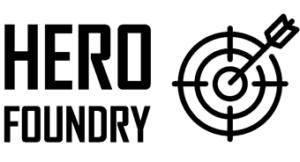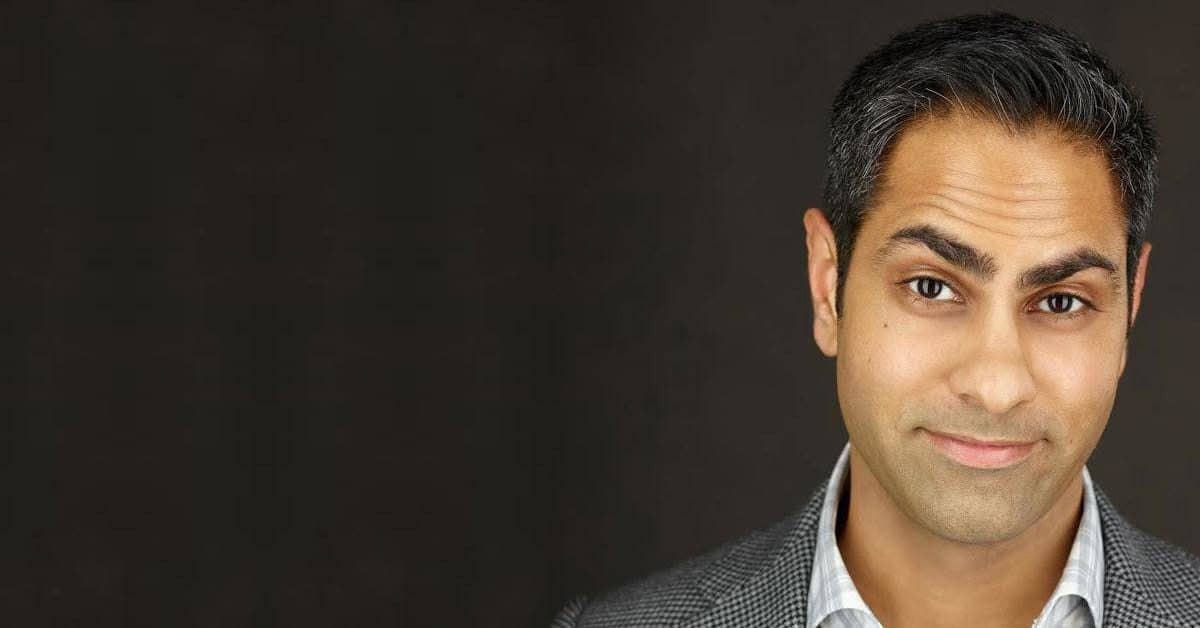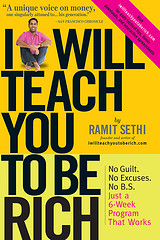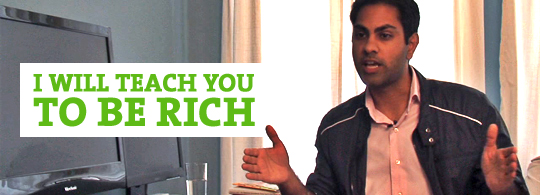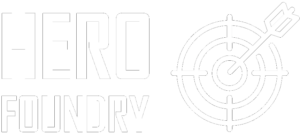Be FEARLESS and DESIRELESS. Just Becoming. This is the condition of a warrior going into battle with perfect courage. That’s life in movement.”
–Joseph Campbell, father of the Hero’s Journey
Over the last few years, I’ve had the great pleasure to work with David DiFrancesco — the Living Warrior — who has become a great mentor to me.
David is the author of The Warrior Way and has spent his career dedicated to releasing the warrior inside every man.
After witnessing the death of a police officer as a child, David understood that a life well-lived is one with purpose. He dedicated himself to seeing that all men have the opportunity to discover and live their own purpose through his work — work that guides men through accepting their fears and inner demons and moving forward with them, rather than being pulled into inaction by them.
Coach, author, speaker and mentor, David leads men through physical and mental training designed to strip away the lies and myths they hide behind; coming through the fire of battle into the strong, powerful, masculine hero all men are called to be.
After over 30 years working with Navy SEALS, as a gym owner and mental toughness trainer, here are the top things David says men need to hear. A succinct mastercourse on the Way of the Living Warrior:
1. You are owed nothing
https://www.youtube.com/watch?v=fvrm5chs9Zw
Life is not fair, you make your life a success through hard work, not because you’ve earned some imagined right to it. Similarly, you are not entitled to be loved, respected, or anything else you’ve convinced yourself is your entitlement simply because you exist and are being a well-behaved, well intentioned, good boy. You and you alone are responsible for making sure your needs are met.
2. Positive thinking will get you nowhere
https://www.youtube.com/watch?v=rBWtiEjRwwE
Determination and perseverance wins the day. Determination takes the place of dreaming. Willpower takes you through the work. Self-discipline takes you through the pain (when you no longer feel like doing the work).
3. We are not all equal or capable
https://www.youtube.com/watch?v=UJPXCMVMuWg
…but we all are flawed and limited.
4. Failure is part of the process of improvement
https://www.youtube.com/watch?v=uA0CeAm8_nI
Expect failure, but don’t accept it. You must be prepared for a lengthy time of poor or mediocre performance before you can become world-class.
5. You need more haters in your life, not supporters
https://www.youtube.com/watch?v=qTz8g7Szieg
6. Embrace the suck
https://www.youtube.com/watch?v=t-fR5CCQq5s
Life is struggle. Don’t put your effort into living a life without pain, instead choose your struggles and work on raising your pain threshold. Seek pain, not comfort, for pain is the barrier keeping those who haven’t put in the work and time in from the success that lies on the other side.
7. Men do not try
https://www.youtube.com/watch?v=O73ubIEVeFs
Either decide not to do something, or have the determination and discipline to see it to its conclusion.
8. Actions not words
https://www.youtube.com/watch?v=NysXd8R-klA
What you intend to do means shit. What you are doing now means everything. Don’t tell other men what you’ll do, show them the results of what you did. Winners do, losers dream.
9. Success comes from hard work and time
https://www.youtube.com/watch?v=5jnfj0iwOPs
While you can compress the time needed by working with other men, but only you can do the hard work.
10. Seek the battle
https://www.youtube.com/watch?v=QtQQs2yV-e4
Men thrive on hardship. Comfort, pleasure and instant-gratification feminizes men. Men seek struggle, battles and prove themselves through hard work and effort. Always seek the harder thing.
11. Not everyone is good deep down
https://www.youtube.com/watch?v=NxN9uRs6Erw
There are people who truly want to harm you. Learn to defend yourself and build the confidence necessary to minimize the chance of attacks. Become a strong, virile man capable of determining your own destiny. Show others that you are a man of strength, power and confidence simply by looking at you.
12. Seek a tribe of men
https://www.youtube.com/watch?v=HSJfAzWhY44
Camaraderie in its support of fellow brothers knowing we are all striving to become the men we were meant to be and Competition in that it drives us to continually improve and not settle.
13. It is good to be a man
https://www.youtube.com/watch?v=I0nP_d6T1xc
BONUS: Men need Rites of Initiation
This one is so true. I spent my teens pulling all kinds of pranks with my close circle of best friends, some of them trending towards dangerous, got into street racing, got arrested twice, then the challenge moved on to women, seeing how much I could drink for years, and far worse.
Instead of leaving my children to figure life out on their own, I aim to provide some kind of rites of passage for my son.
